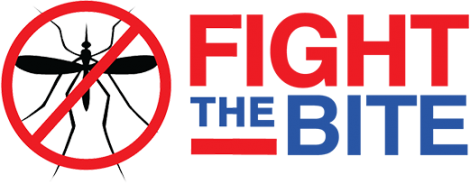Protecting the pollinators

Everyone at Collier Mosquito Control District (the District) is aware of the important role that bees and butterflies – and other pollinators – play in keeping our community ecologically healthy. In order to best control mosquitoes and not impact insects other than mosquitoes, the District’s integrated mosquito management program closely follows the industry’s best practices.
Controlling mosquitoes means much more than applying control materials. We are constantly learning about mosquito behaviors through research and science. For example, we have learned that the best time of day to control adult mosquito populations is when they are most active: dawn and dusk. Bees and butterflies are not active during evening hours, so the District treats for adult mosquito control after sunset.
In-depth studies on nighttime Ultra Low Volume (ULV) aerial mosquito control applications in the United States show no evidence of risk to pollinator health. The combination of timing, altitude of dispersal, droplet size, and product type all contribute to a mosquito-specific control effort. The District uses materials to control adult mosquitoes which do not persist in the atmosphere or settle on surfaces. They break down rapidly with time, sunlight, and the atmospheric changes associated with daytime hours.
Many years ago, the District developed an automated notification system that issues an alert to residents who choose to enroll. Our county’s beekeeping community eagerly adopted the use of the system, and those with concerns about their hives can verify that their bees are inside the hive at night when a treatment occurs. You too can register to receive these alerts using the form on our website.
Occasionally a hobbyist beekeeper may contact us with concerns that a mosquito control treatment may have caused harm to their hives. The District works with these beekeepers to rule out any exposure to mosquito control materials, and to further investigate the cause, we encourage them to contact the Florida Department of Agriculture and Consumer Services for an inspection (the inspector for Collier County is nearby in LaBelle). All beekeepers in Florida are required by law to register their hives with the agency, and their investigators help determine the hives are free from pests, viruses, and invasive types of honeybees. Beekeepers may elect to work with the agency to have their dead bees tested for pesticide exposure.
The Collier Mosquito Control District is committed to the health and well-being of the community we serve, including the beneficial insects who call Collier home. If you wish to learn more about the extensive research into this topic, please visit www.mosquito.org/page/pollinators

